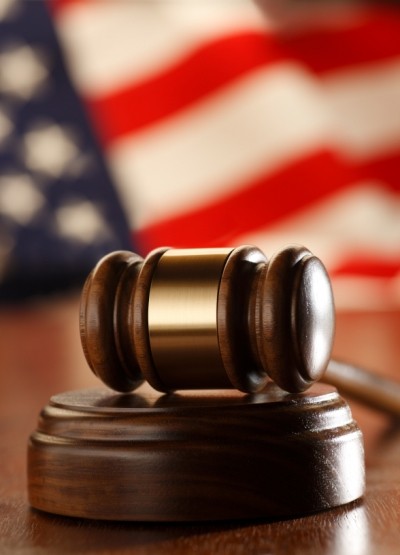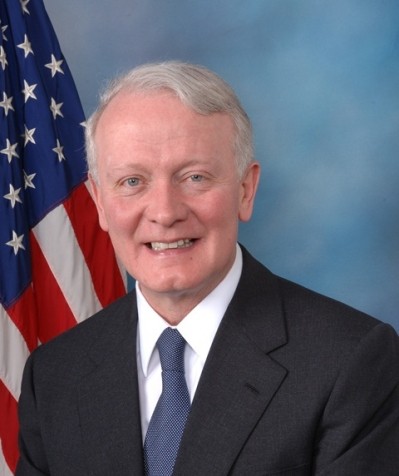Hearing discusses stricter legislative proposals for cosmetics
hearing to discuss legislation that could require companies to
register facilities and report adverse events.
Representatives of the FDA were grilled by members of the House Committee on Energy and Commerce regarding the cosmetic safety provisions in the draft of the FDA Globalization Act.
Proposals for cosmetics The proposed legislation requires cosmetics manufacturers to register the products it manufacturers and their ingredients annually with the FDA subject to a $2,000 registration fee.
Under the proposals companies will also have to comply with good manufacturing practices and report all anticipated and unanticipated adverse events.
The committee assembled yesterday to discuss this draft legislation, the current requirements of the FDA and the ability of the agency to cope with its regulatory responsibilities.
FDA struggling to keep up Politicians on both sides of the political divide recognized that the FDA needed additional resources to adequately carry out its duty on cosmetic safety.
The chairman of the Committee on Energy and Commerce said in a statement that the agency was in "dire straits" and "in spite of a small budget increase last year, the FDA Office of Cosmetics and Colors has been unable to keep pace with the increasing numbers of foreign cosmetic products."
This damming diagnosis of the health of the FDA was repeated throughout the hearing but despite the recognition that resources were limited many lawmakers called for greater responsibility to be heaped on the shoulders of the overstretched agency.
Need for more regulation New Jersey Democrat and leader of the panel, Frank Pallone, said: "This industry is largely governed by legislation established way back in the 1930s.
"Cosmetic and personal care products are used by Americans each and every day and yet these billion dollar industries have gone largely unregulated."
Currently the FDA relies on a voluntary reporting system but the majority of manufacturers do not release details of their products and ingredients to the agency.
Under law companies are not required to publicly submit data on the safety of their products and the FDA has no power to enforce recalls of cosmetic products.
The head of the FDA's Center for Food Safety and Applied Nutrition, Stephen Sundlof, conceded that the agency has limited powers to regulate what goes into a cosmetic product.
He said: "The law as it is currently written allows virtually anything to be incorporated into a cosmetic with certain exceptions."
Illinois Democrat Jan Schakowsky said the laissez-faire approach of the US regulatory system meant Americans know little about the safety of their cosmetics.
Calling for industry to be reined in, she said around 11,000 chemicals have been banned from personal care products in the EU compared to only 9 in the US.
Referring to the fact that only 11 percent of ingredients have been reviewed for safety in the US, panel leader Pallone said: "This to be is overwhelming evidence that the FDA must be empowered with the authority to regulate this industry to protect the public."
Calls for tighter regulations dominated the hearing although they were set against appeals from many Republicans for a careful balance between the maintainance of product safety and overburdening industry with unnecessary regulation.
Calls for additional funding Appeals were also made for greater funding to help the FDA carry out its current and future responsibilities effectively.
The CEO of the Personal Care Products Council, Pamela Bailey, told the hearing that the FDA's budget had reduced significantly in real terms over the past thirty years and needed more money to carry out its duties.
Bailey also said cosmetics have the least potential to harm human health of the product categories regulated by the FDA and that of the 11 billion personal care products sold annually only 150 adverse reactions are reported annually and most of these are minor skin irritations.







